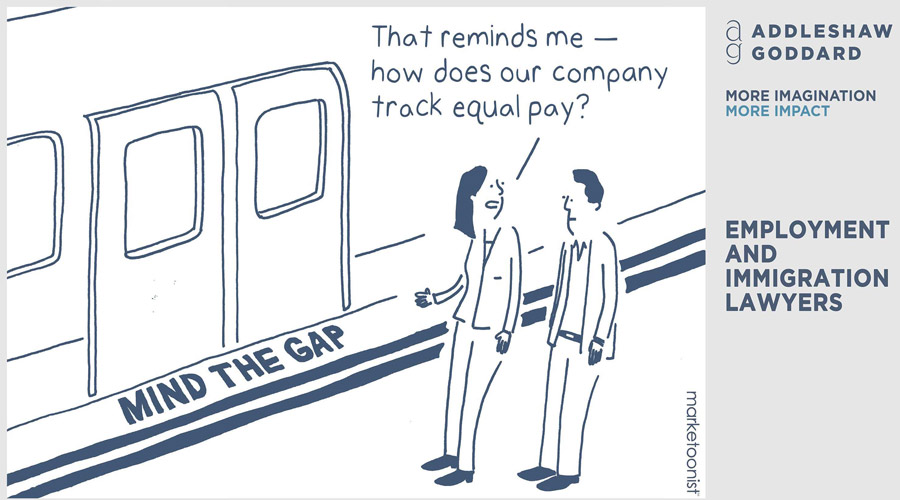What is ILR?
ILR is a type of “settled” visa status which enables migrants to live and work in the UK indefinitely. This means that migrants who obtain ILR status no longer need to make regular visa extension applications (or pay the costs associated with those applications, including the immigration health surcharge).
For sponsored workers, such as those on a Skilled Worker visa, obtaining ILR status also means they no longer require sponsorship to work in the UK and are able to change employer freely without a requirement to meet the salary thresholds or other requirements applicable to their sponsored visas.
What changes are proposed?
The current qualification period for ILR varies depending on the type of visa which the migrant currently holds. Migrant workers under the Skilled Worker visa route (which is by far the most common type of working visa) are eligible to apply for ILR after 5 years in the UK, subject to certain requirements.
The Government is proposing to double the qualification period to 10 years for all applicants. In addition, it is expected that additional requirements will be put in place including:
- Being in work,
- Making a certain level of National Insurance contributions,
- Not taking any benefits payments,
- Learning English to a high standard,
- Having a spotless criminal record, and
- Giving back by, for example, working in the local community.
The Government has suggested that some individuals will be able to reduce the number of years needed to qualify for ILR based on earnings- or integration-related requirements.
There is currently limited detail on what these proposals will mean in practice and the proposals are subject to a consultation which it is expected will be launched in late 2025. The Government has not confirmed when it expects to bring any changes into force.
What employers can do now
For employers who sponsor migrant workers, the proposals would mean that they will need to continue sponsoring migrant workers for longer. They would also need to continue paying the associated costs during this period including the immigration skills charge (currently £1,000 per year for medium or large employers).
Employers should review any policies they have in relation to immigration sponsorship. In particular, employers which make voluntary contributions towards the visa costs of their sponsored migrant workers may wish to consider the potential financial impact of the proposed changes.
In the short term, employers are likely to receive questions from migrant workers they employ and/or sponsor in relation to the proposed changes to ILR and what it means for their continued employment.
For most sponsored workers, there should be no change in relation to their employment provided the individual and their job role continue to meet the requirements for sponsorship.
Where employees are likely to qualify for ILR soon, employers can discuss with them the appropriate time to make their application for ILR. The earliest point at which an application for ILR can be made is 28 days before the individual meets the requirements for time spent in the UK. So, for example, an individual who moved to the UK on a Skilled Worker visa on 1 January 2021 may be eligible to apply for ILR from 4 December 2025.
It is not yet clear whether there will be any impact on individuals who have pre-settled status under the EU Settlement Scheme. Most individuals who have pre-settled status are already likely to be eligible to apply for settled status under the EU Settlement Scheme, if they have not done so already.





